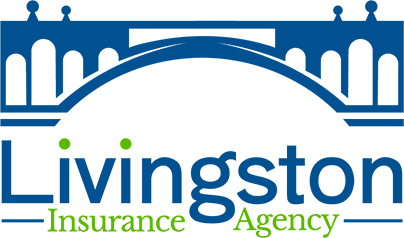Insurance for your Startup Business

Have you been working to open your own business and are ready to buy insurance for your startup? Just where should you begin?? There are many types of insurance out there to consider, and all may be relevant, but what are the core insurance coverages for any small startup business?
Core Insurance Products for All Businesses, including Startups
- General Liability: This is the fundamental core insurance of all businesses, especially startup businesses. This insurance covers any bodily injury or property damage liability that is not specifically excluded ( i.e. general liability coverage). For a start-up business, this insurance may only run you a couple of hundred dollars. Here’s an in-depth resource on this comprehensive coverage.
- Auto Insurance: Insure the vehicles the business owns or uses. If you or your employees use your personally owned vehicle for business on a regular basis, many carriers could deny coverage in the event of a claim due to its use as a business vehicle. Your business could also be held liable for a vehicle used by the business on behalf of the business. A Columbia, SC marine fish store has his employees use his personal car for service calls. Without the proper insurance coverage, the owner could be personally liable for any claim that could occur. For incidental company use, make sure to purchase hired & non-owned liability insurance to protect your business.
- Professional Liability – If you provide services for a fee, you need to make this a core product in your insurance portfolio. Professional Liability or Errors and Omissions (E&O) Insurance provides protection against negligence claims due to harm that results from mistakes or failure to perform services.
Possible Insurance Products for your Startup
- Property: Protect your business assets. Whether you own property, equipment, computers or inventory, make sure to insure them. Startup cash flow can be limited, but purchasing this insurance can save you money in the event of unexpected disasters that occur all over South Carolina.
- Workers Compensation: In South Carolina, any business that employs four or more employees must purchase this insurance. Most startup businesses we see do not have this number of employees at the beginning, but it could be relevant to you.
Insurance Issues for the Startup
- Home-Based Businesses: Many businesses begin out of the owner’s home, but most homeowners’ policies do not provide coverage for business property, equipment, inventory and some exclude business liability.
- Products Liability: If you manufacture, sell or distribute a physical product, there could be liability that arises from your actual product. As you gain cash flow, consider this coverage if its not already covered by your General Liability policy.
- Business Interruption Insurance: This insurance is not a separate policy and is not automatically included in most policies. If your business is interrupted with a claim, recouping lost income and coverin extra expenses with this insurance could be just the benefit you need to keep growing.
- Cyber Liability: If you transact business online or have a website that accepts payment, consider this coverage immediately.
- Other: As you grow (check this handy chart out) or due to the complexity of your business, other insurance coverages may be needed like Directors and Officers Insurance, Key Man Insurance, Employment Practices Insurance, Flood Insurance, etc. Have a conversation with your agent once a year or when changes occur to make sure you are properly covered. The small business administration (see here) can be a good resource as well as a good insurance agent.
Most startup businesses begin a little cash strapped, thus making any insurance purchase decision seem like a last priority. With only a couple of hundred dollars, any startup can be on its way to a good insurance portfolio! Contact us today for a more detailed insurance plan and pricing.

